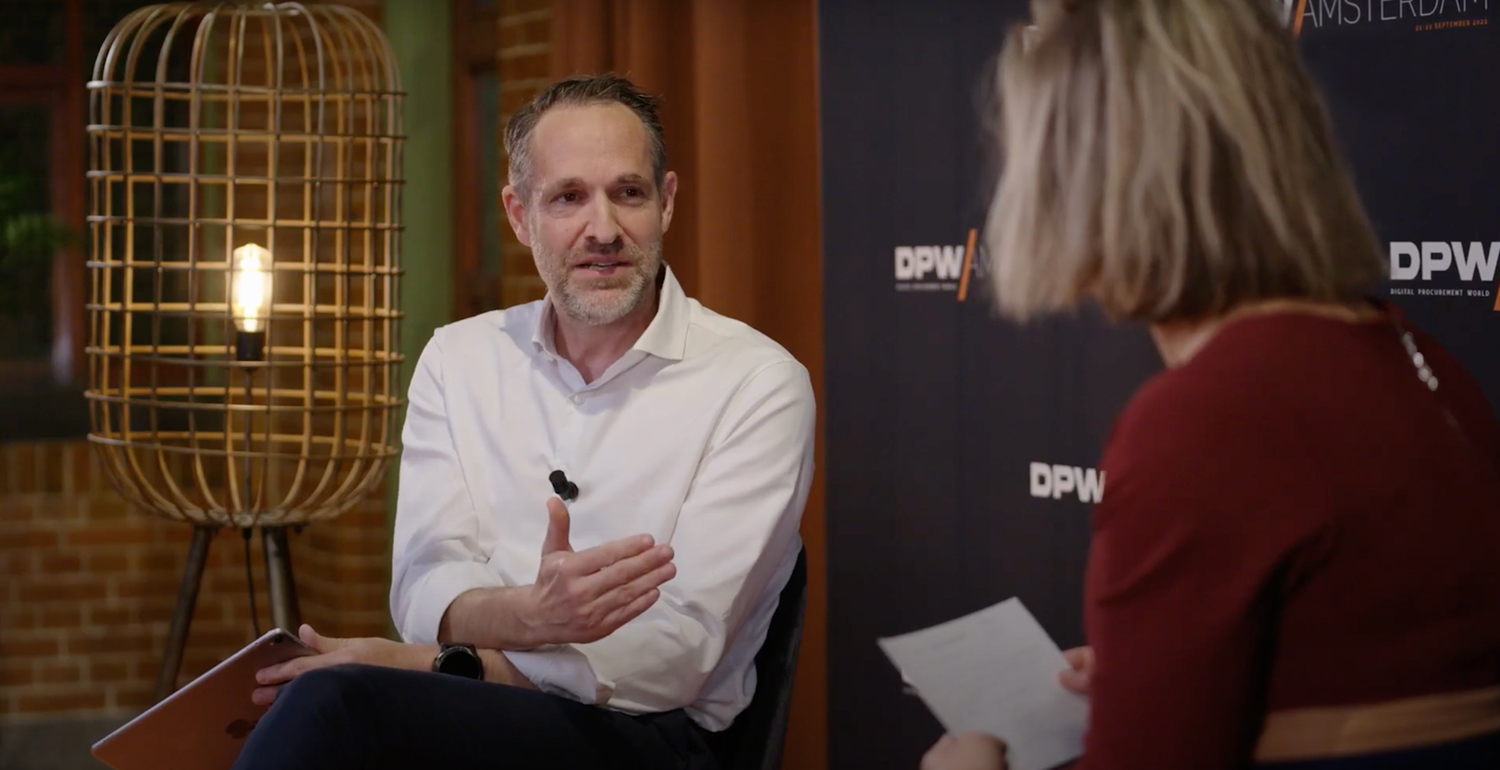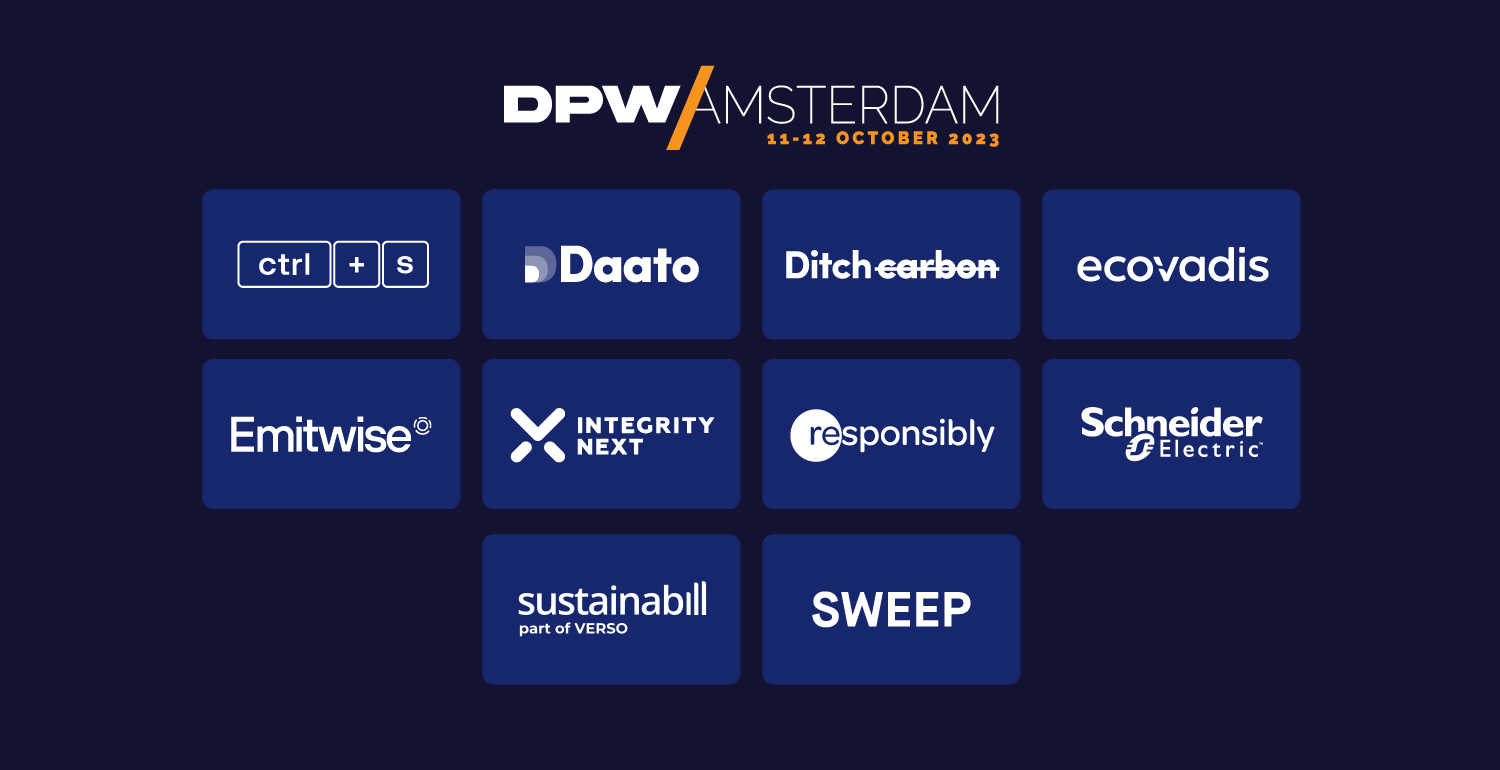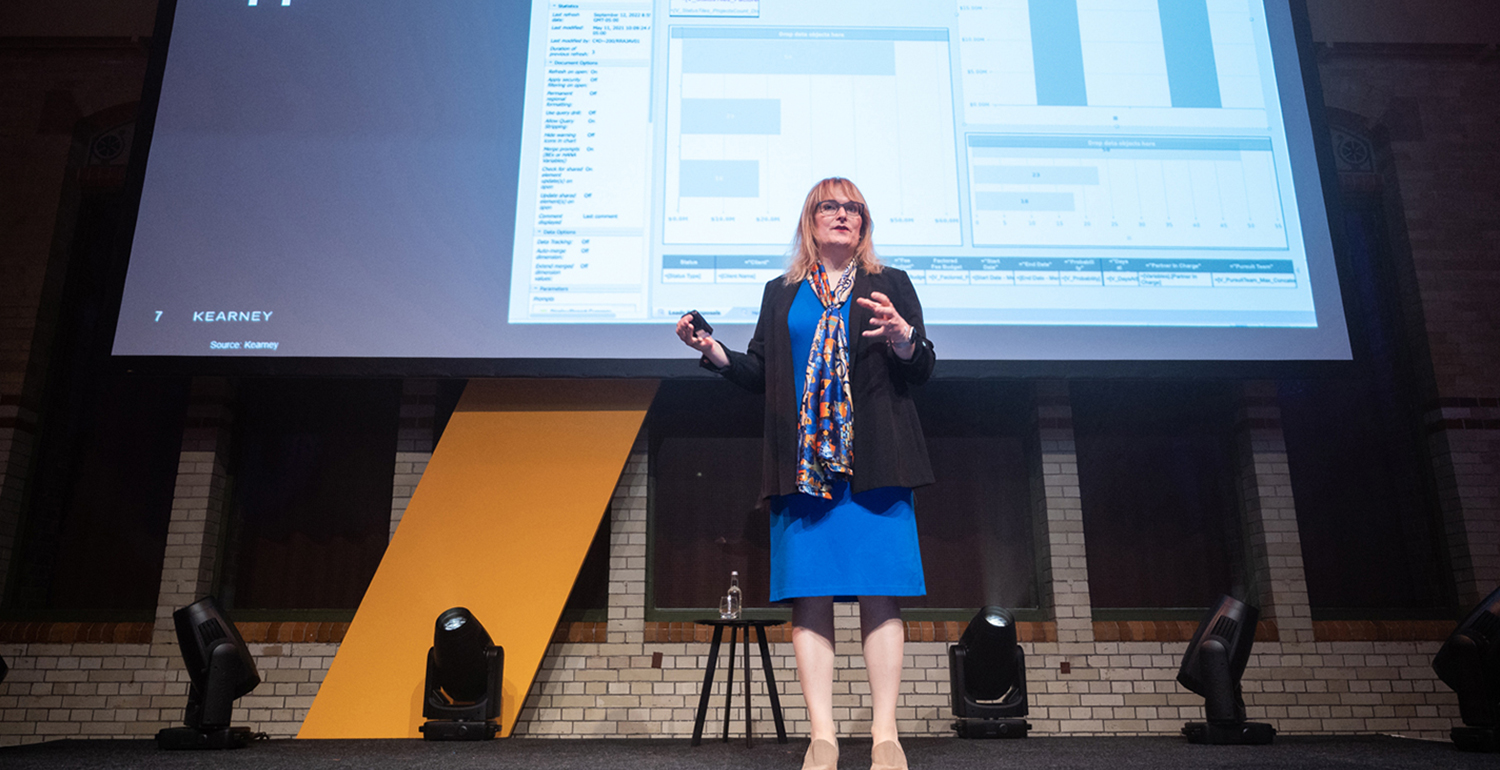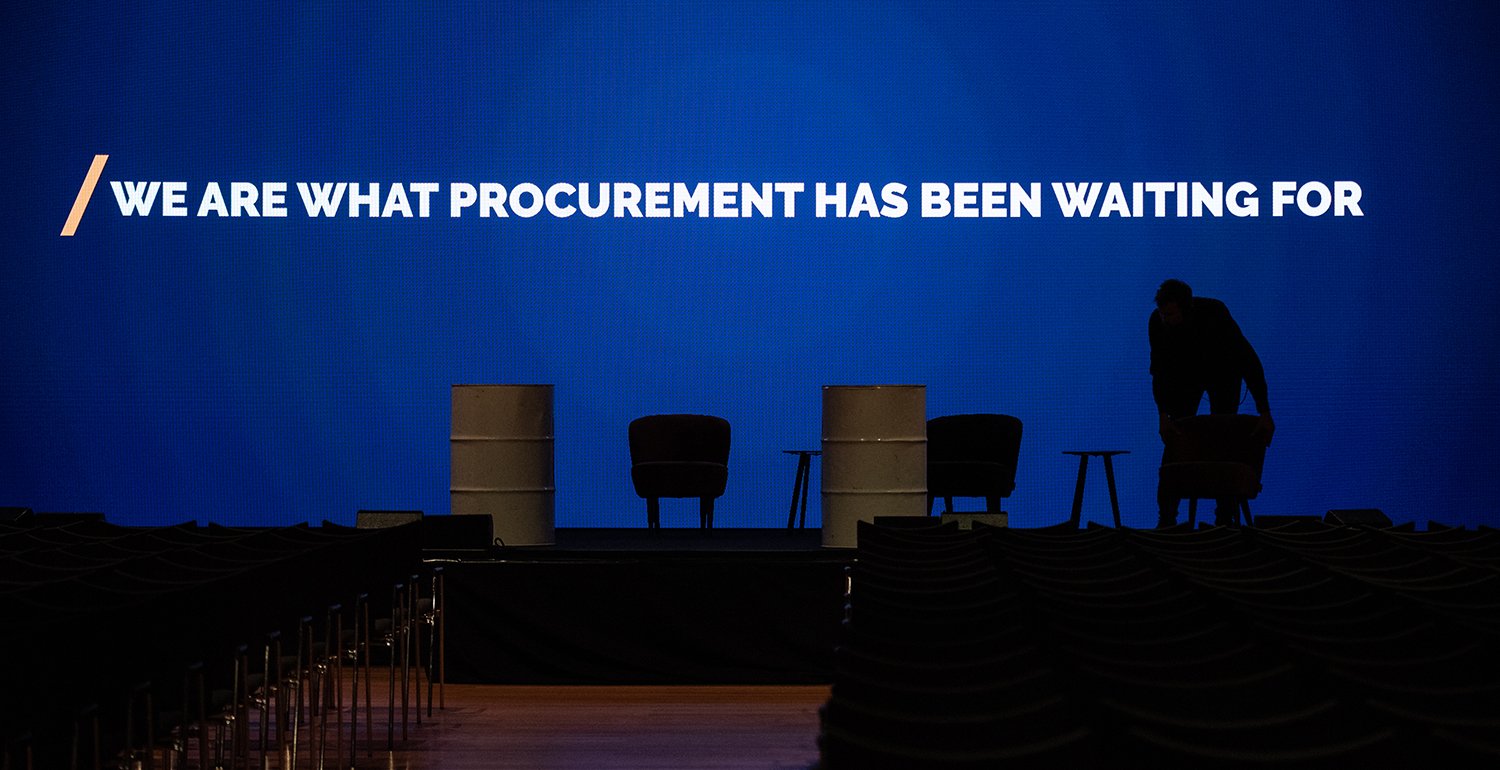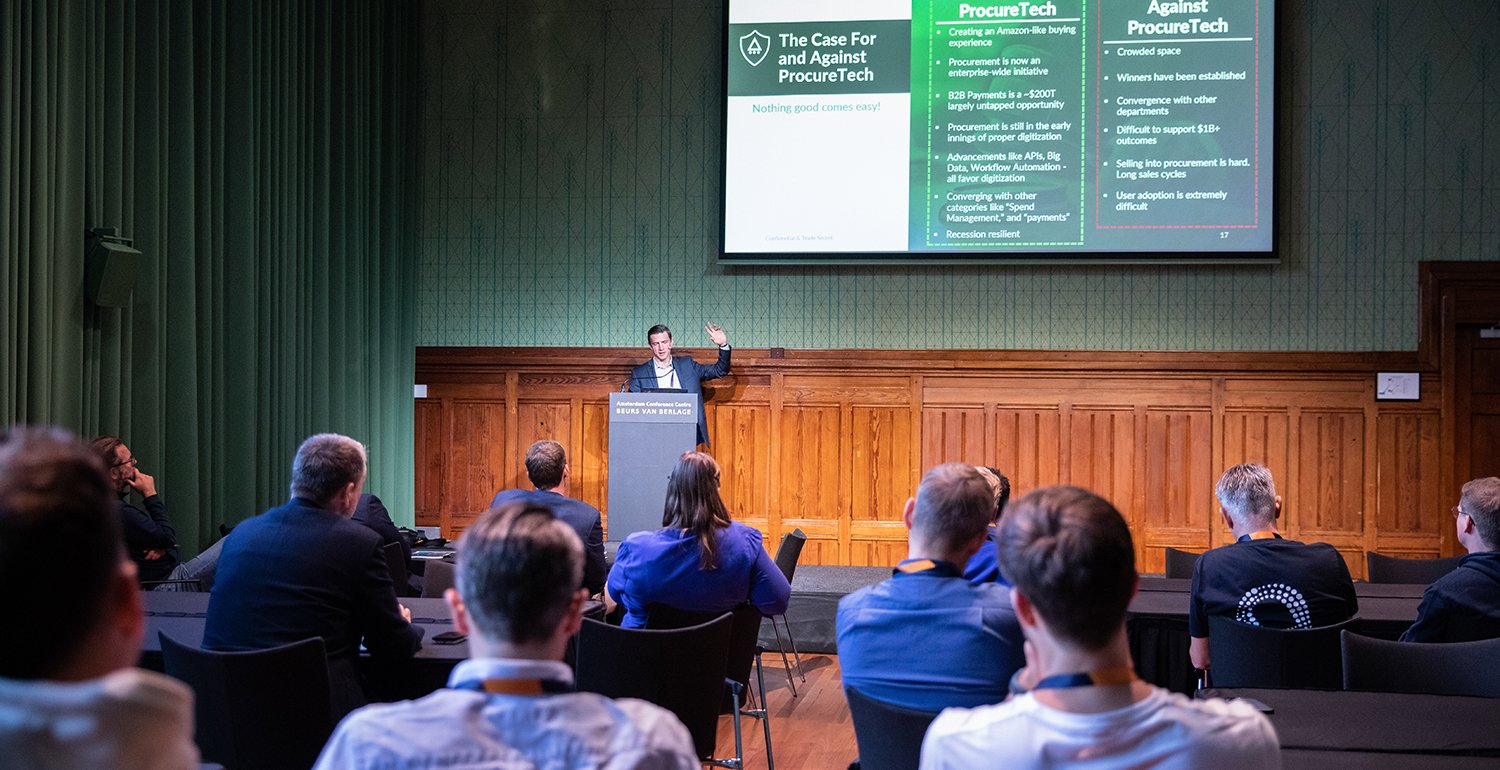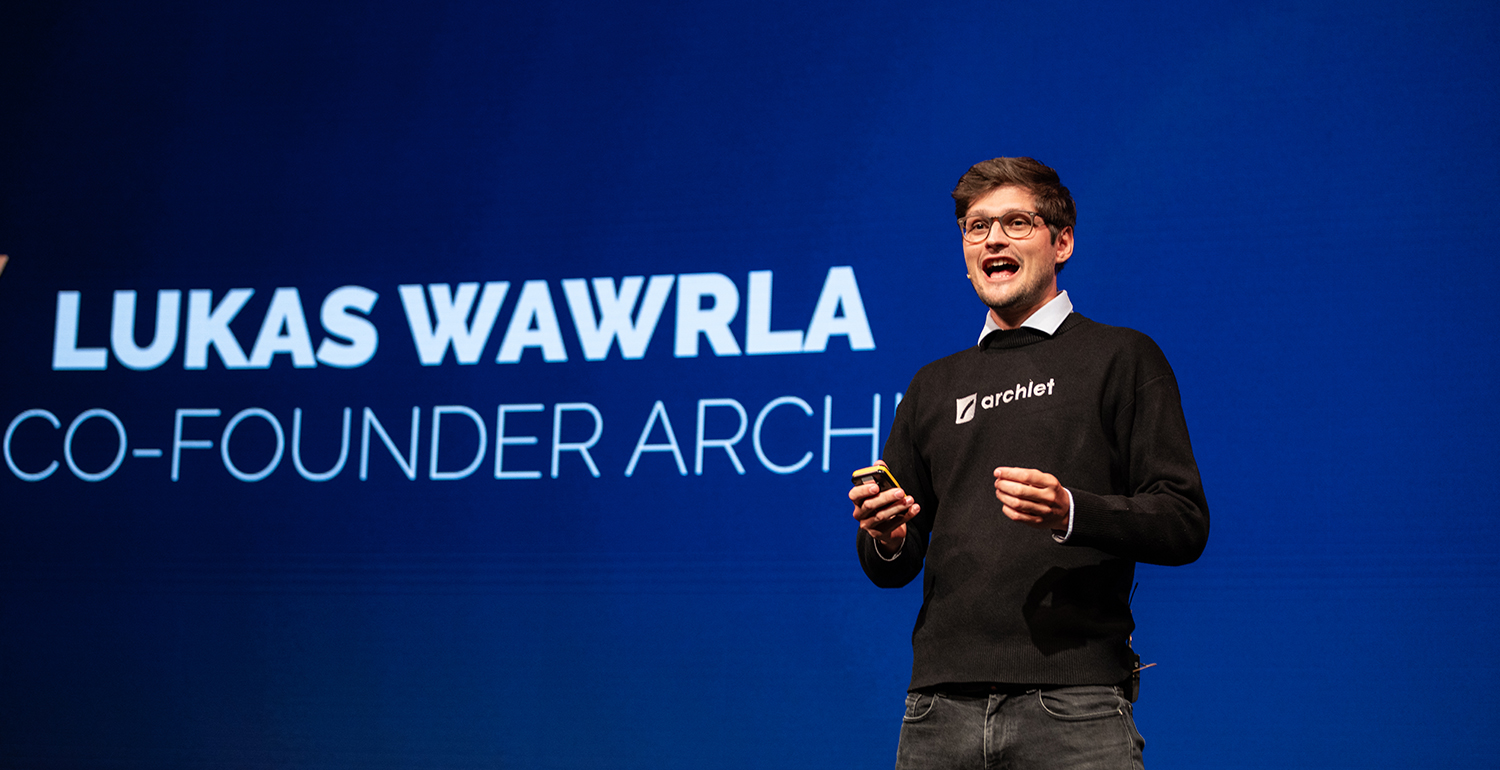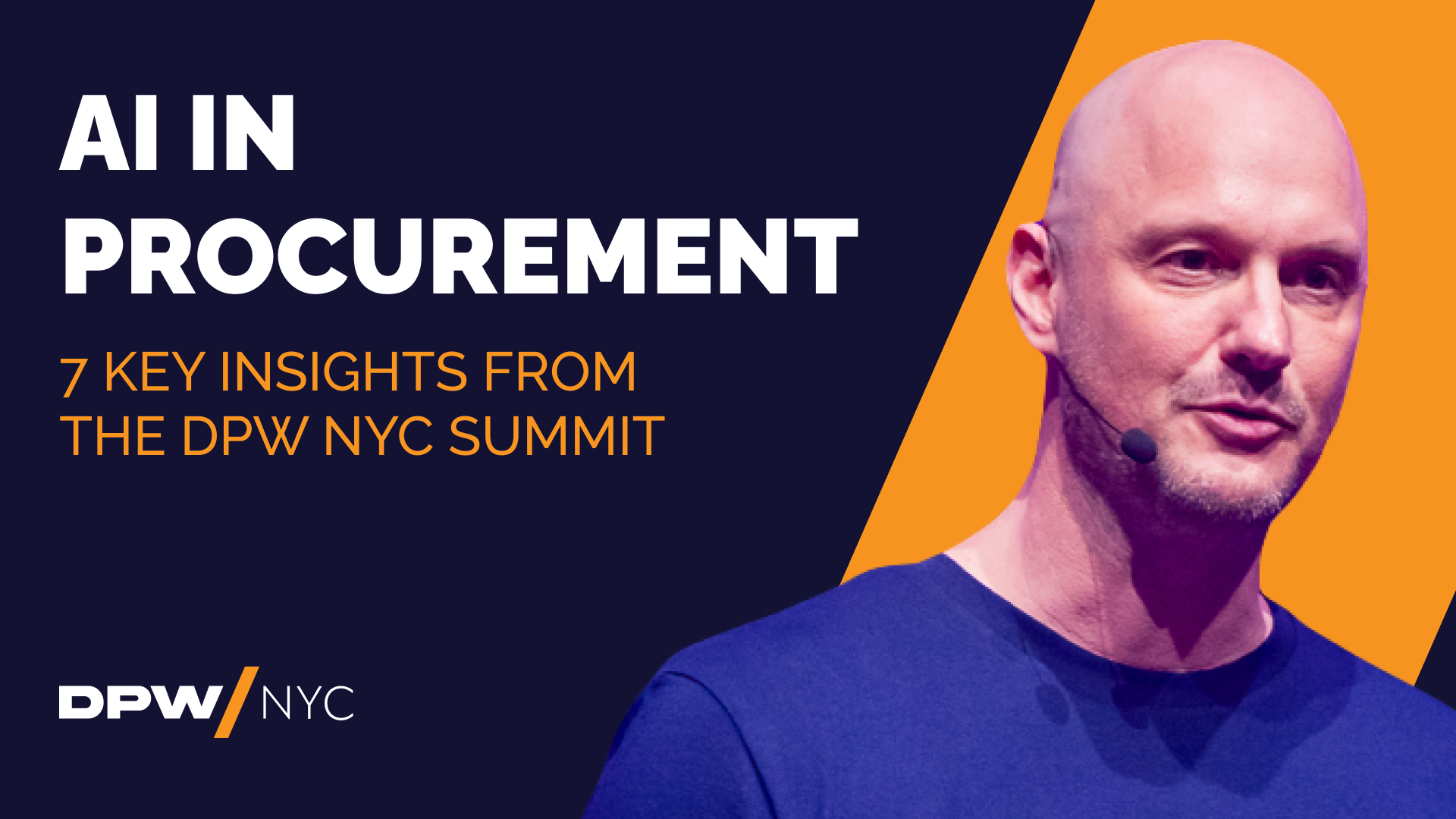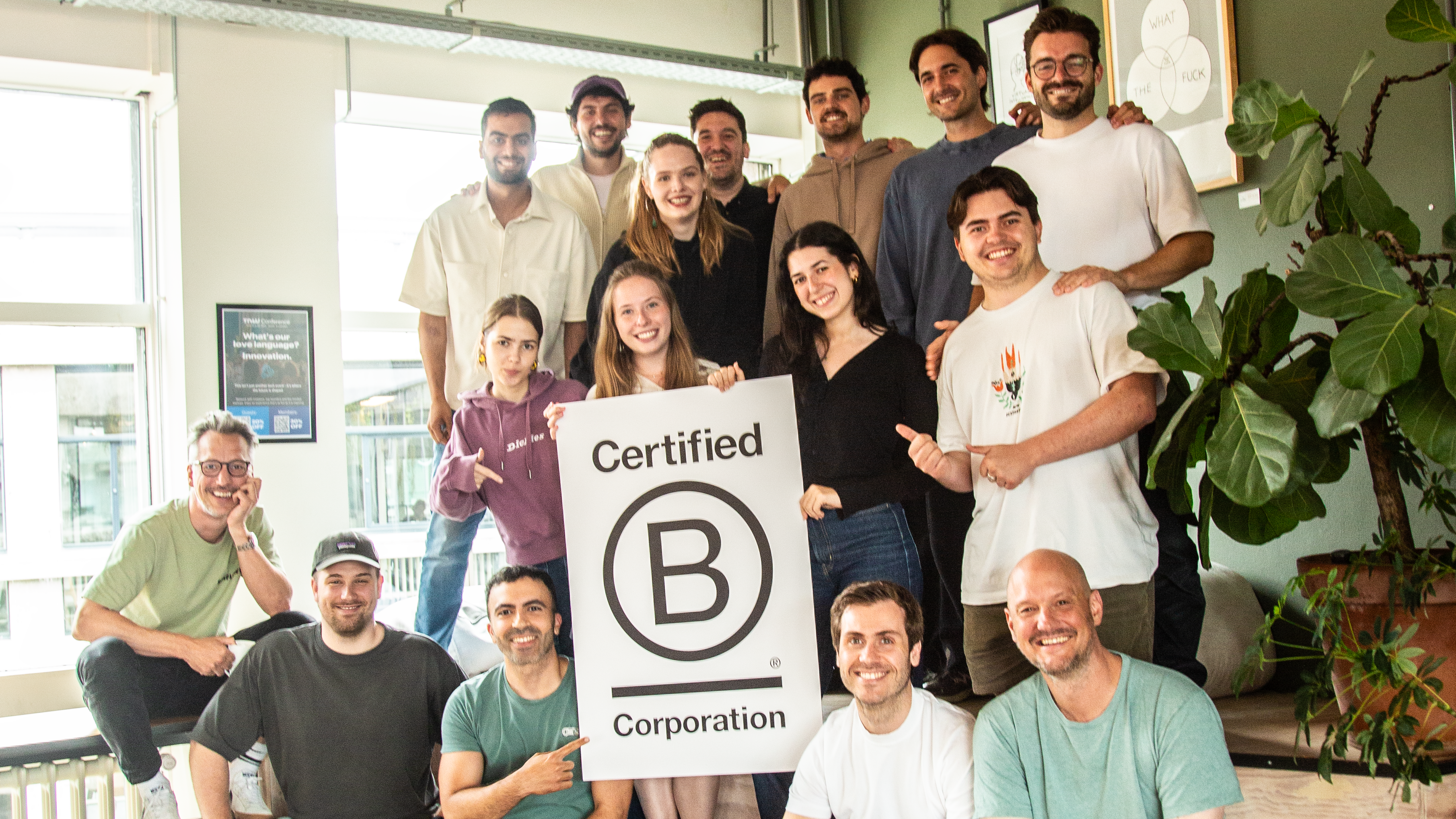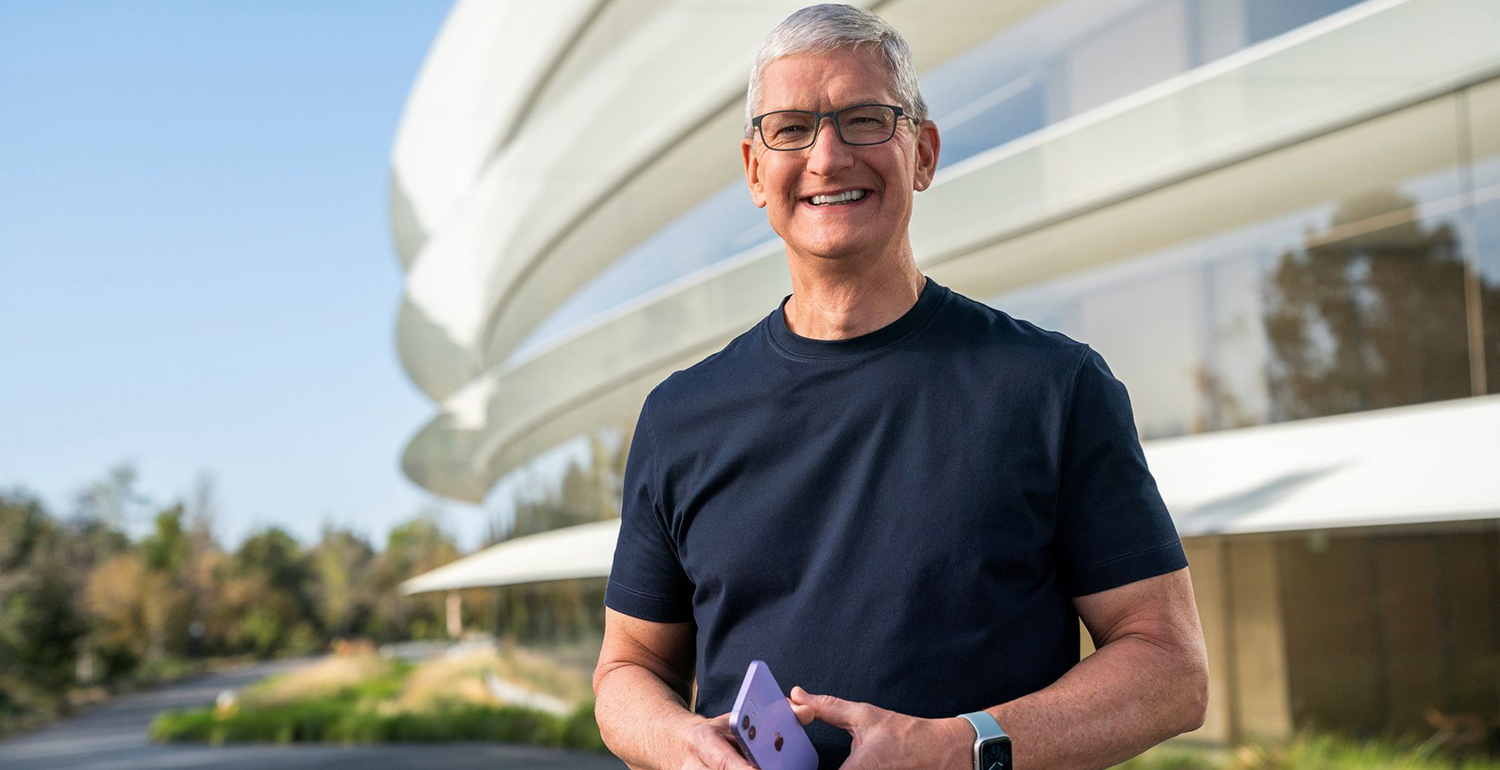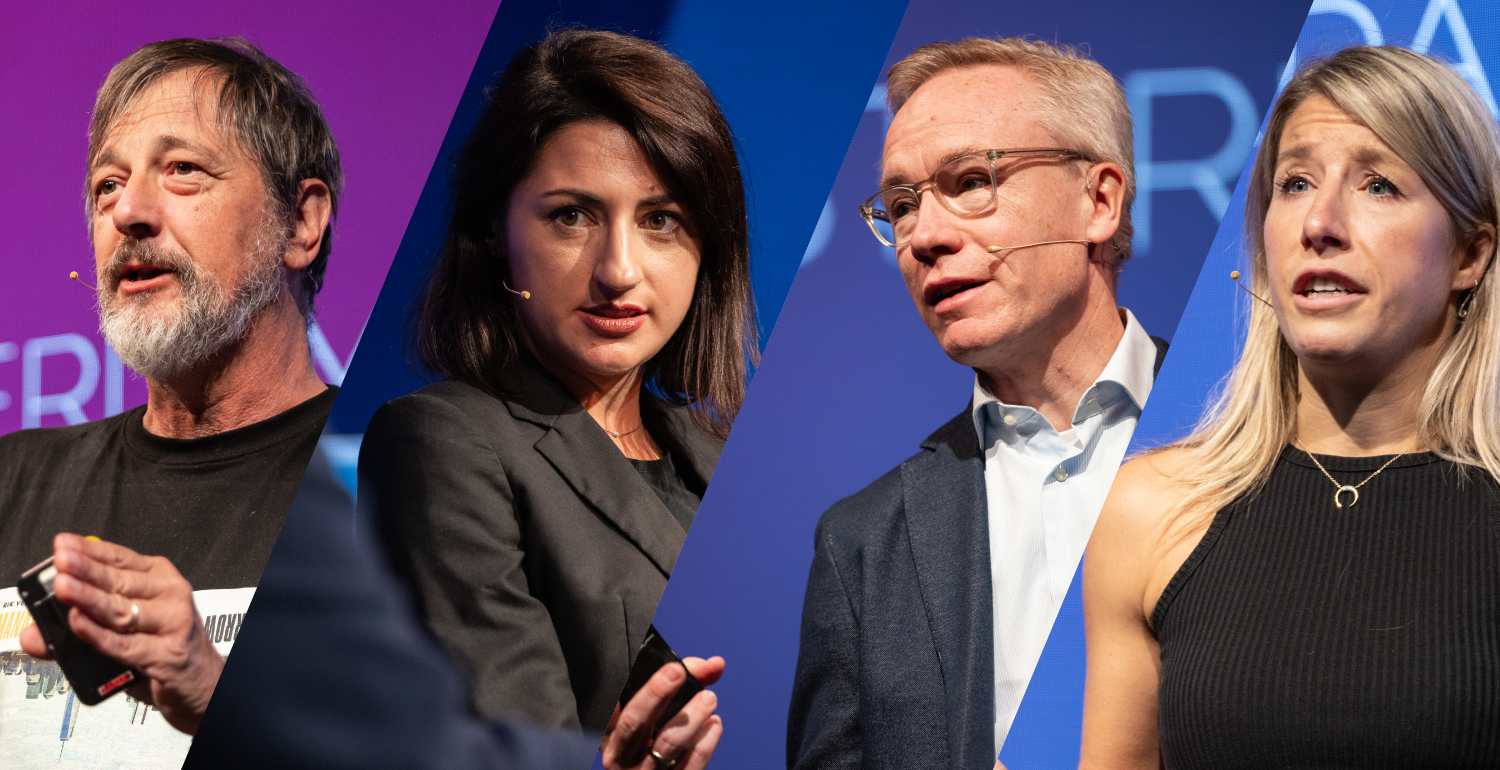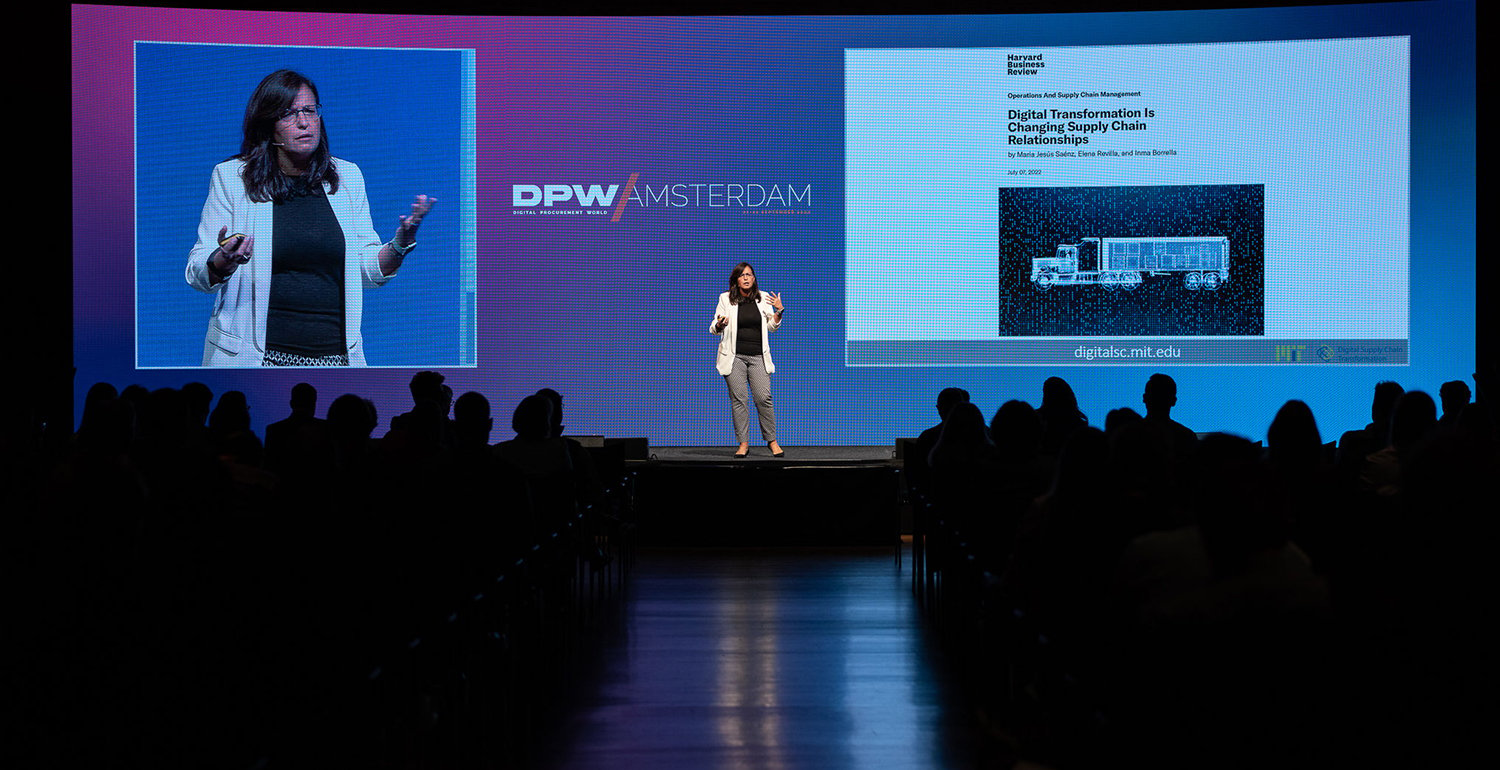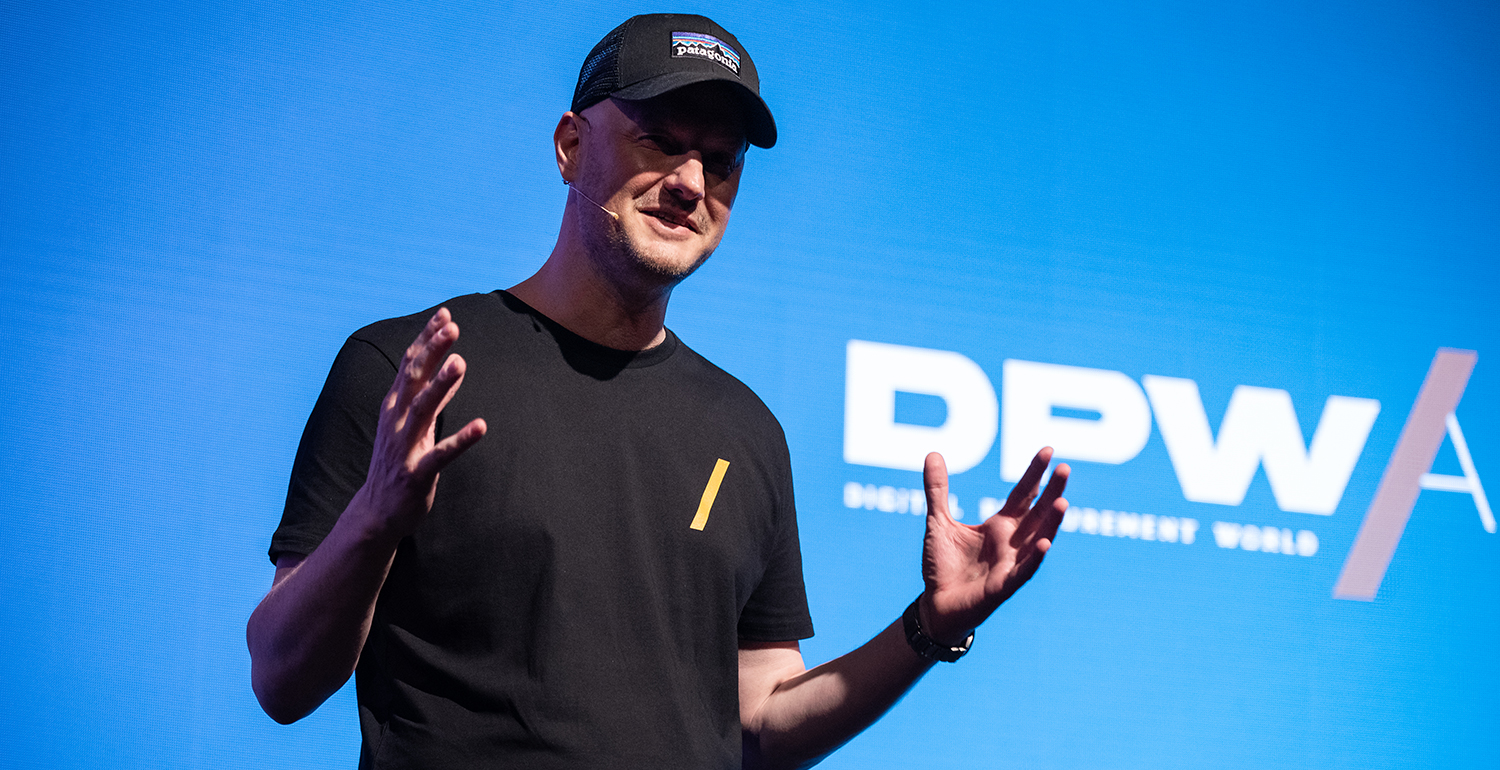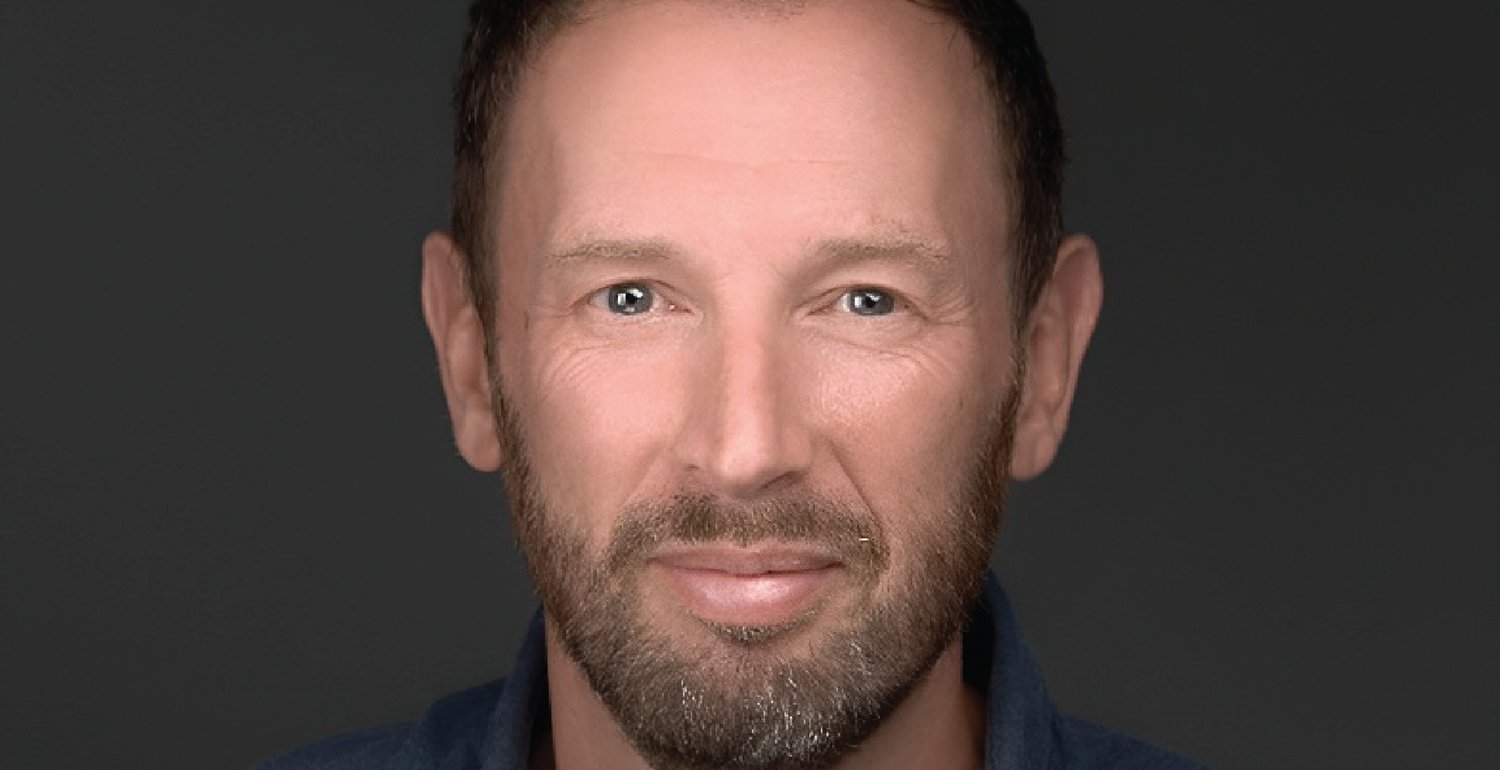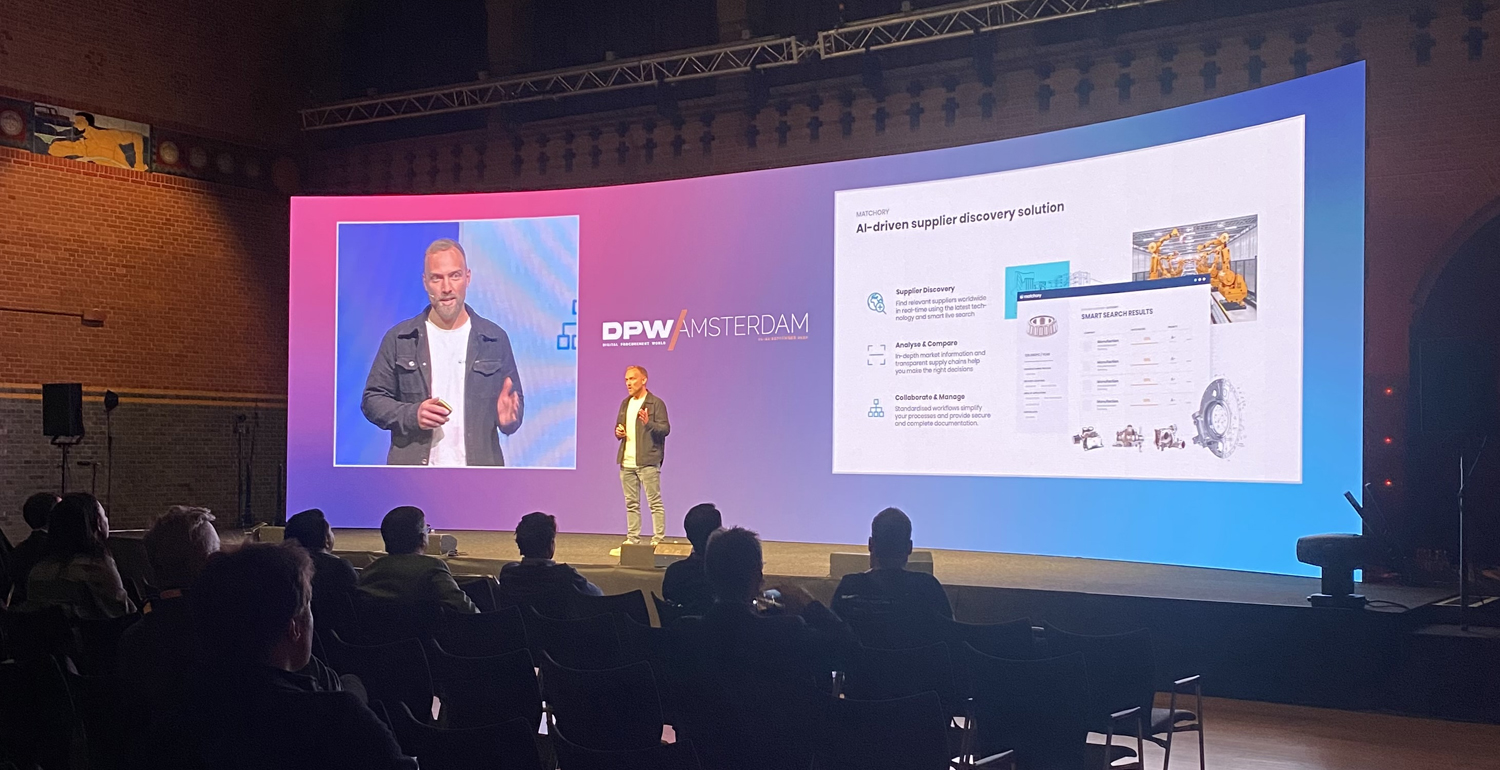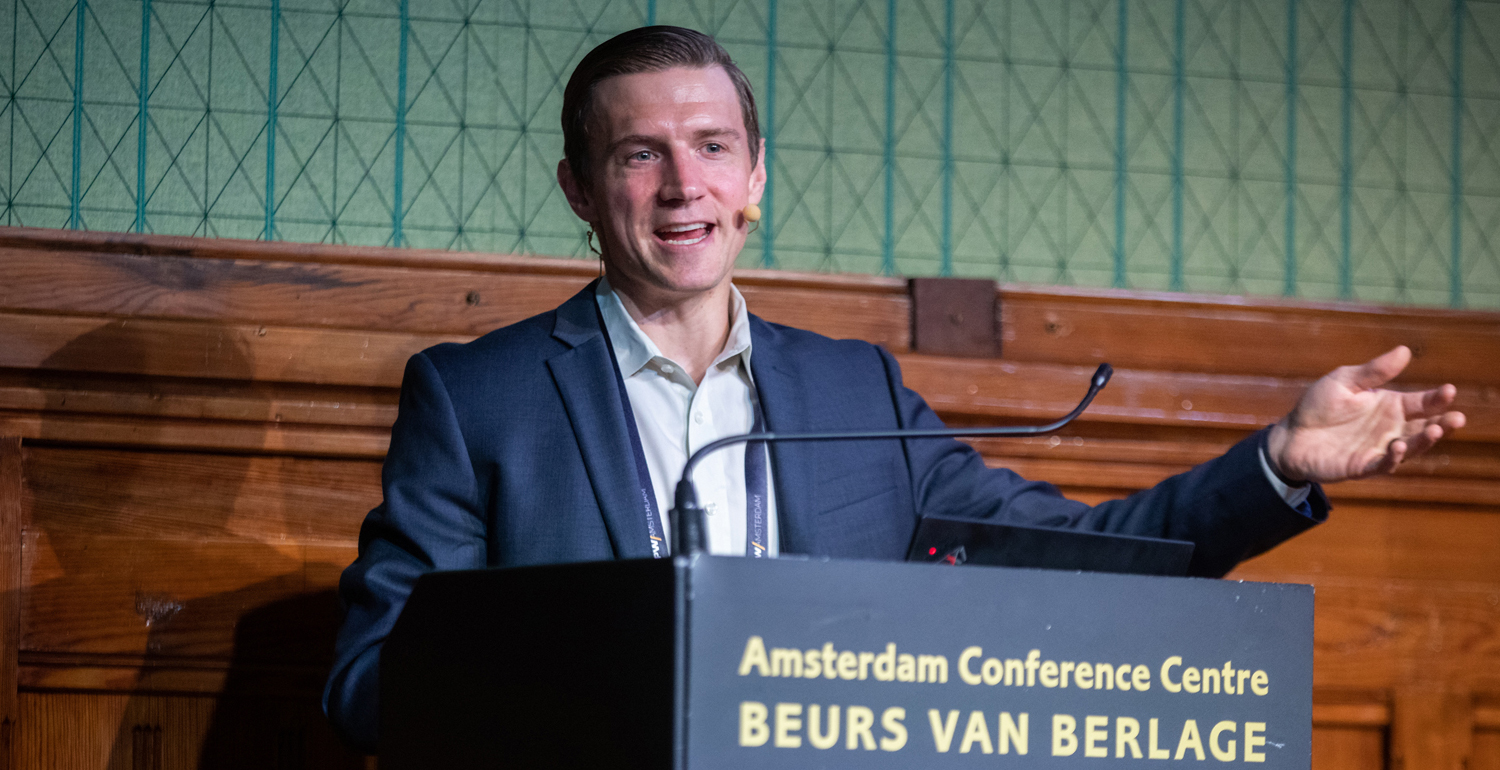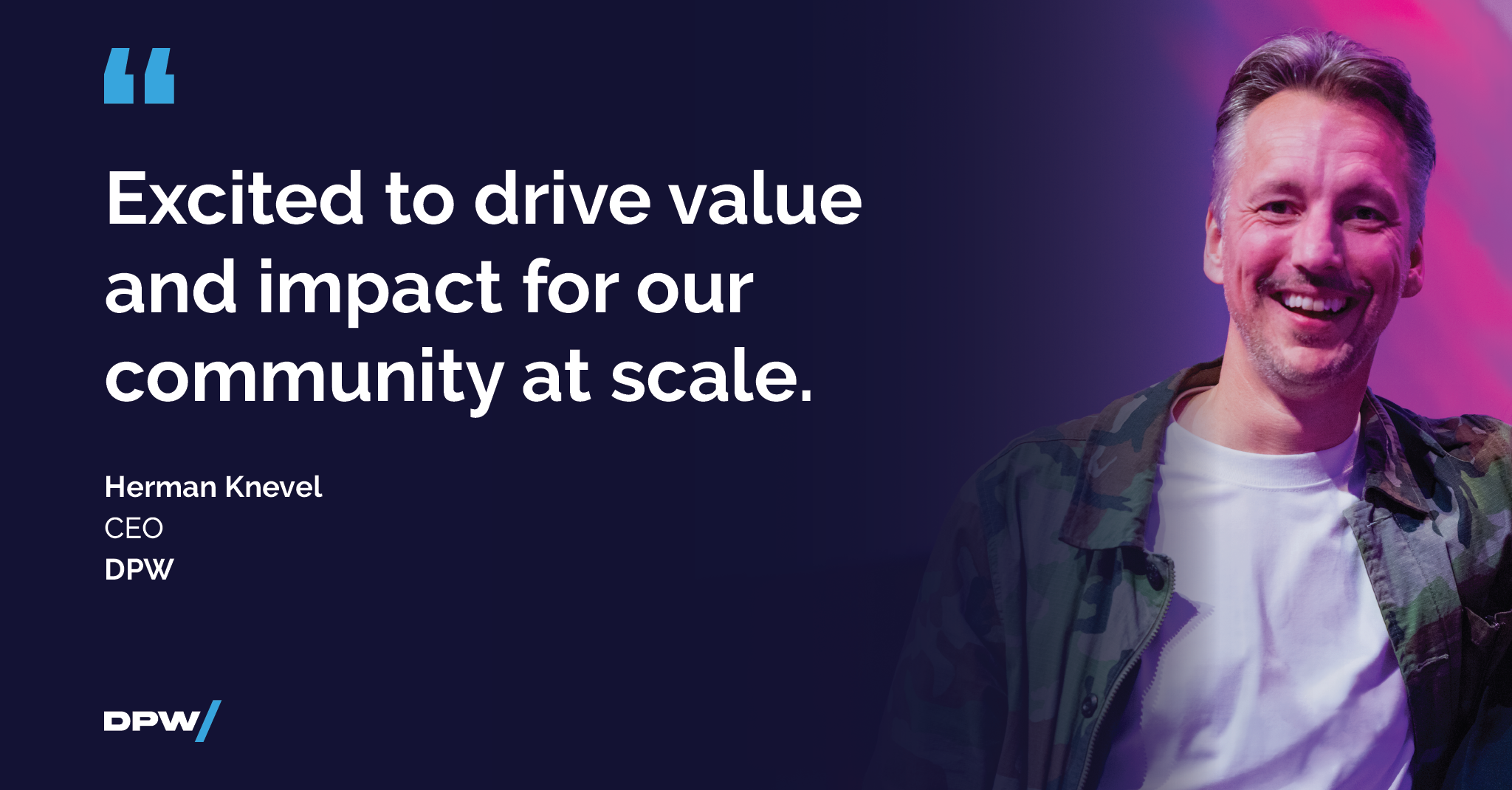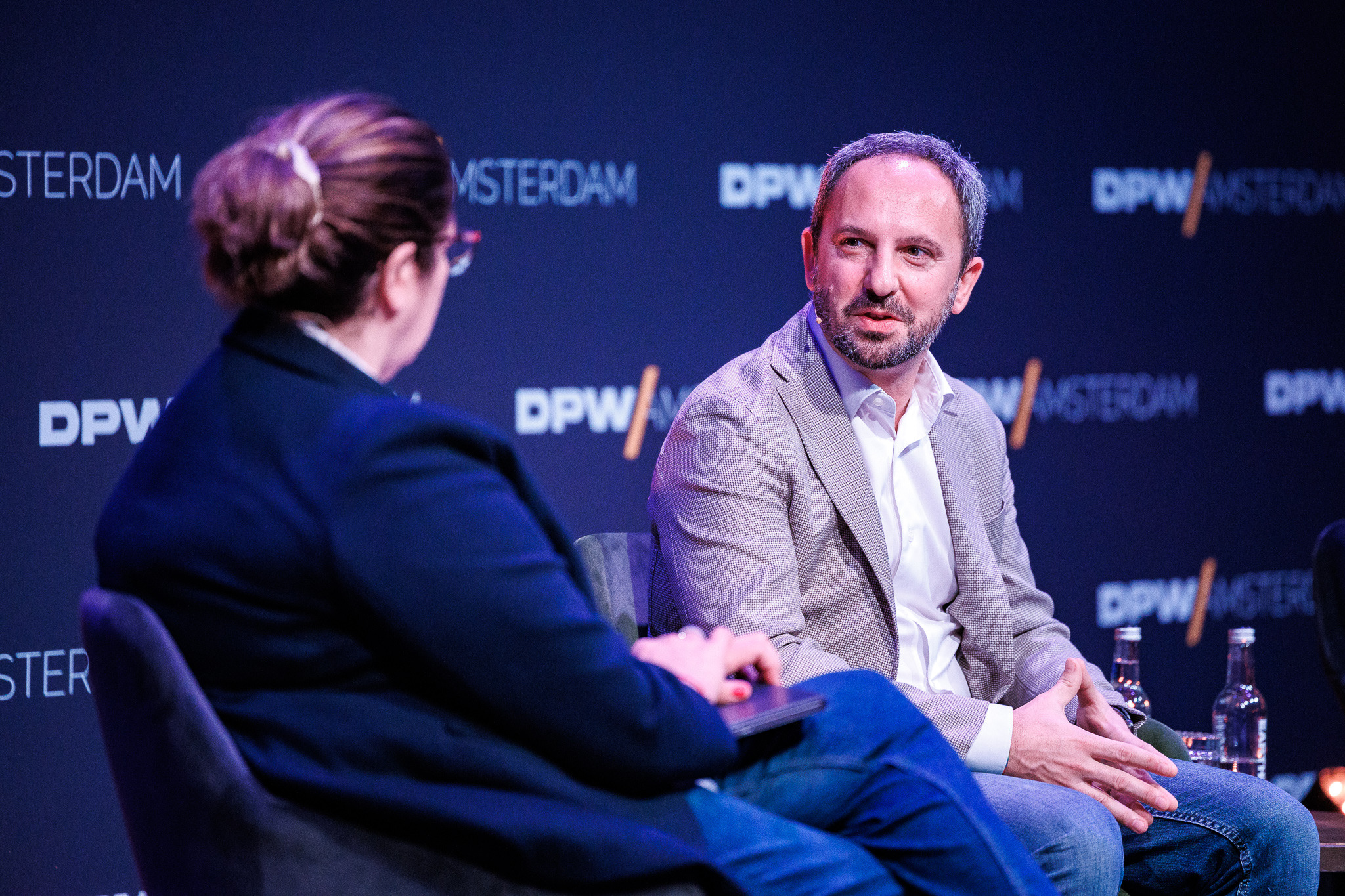Procurement leaders prioritize sustainability, but action lags behind ambition and strategy.

We gathered an expert panel from our NEXT100 young talent community to discuss how sustainability can impact talent attraction.
-
 Amanda Davies
Chief Procurement & Sustainability Officer
Mars Wrigley
Amanda Davies
Chief Procurement & Sustainability Officer
Mars Wrigley
-
 Matthew Spencer
Procurement COE Manager, Supplier Management
Bekaert
Matthew Spencer
Procurement COE Manager, Supplier Management
Bekaert
-
 Philipp Gerstenberg
Purshasing Excellence Manager
Trelleborg
Philipp Gerstenberg
Purshasing Excellence Manager
Trelleborg
-
 Luke Abbott
Co-Founder
Equipoise
Luke Abbott
Co-Founder
Equipoise
-
 Kathrin Adam
CMO
CircularTree
Kathrin Adam
CMO
CircularTree
-
 Stefan Reith
Team Leader Procurement Policies and Sustainability
Porsche Holding
Stefan Reith
Team Leader Procurement Policies and Sustainability
Porsche Holding
The link between sustainability and talent acquisition is ever-increasing. Now more than ever, employees want to work for companies that are actively trying to make the world a better, more sustainable place.
As we enter a “new era of recruiting,” in which employers are increasingly asked what their company stands for, we put together an expert panel comprised of NEXT100 members, along with NEXT100 founding partner and Chief Procurement and Sustainability Officer of Mars Wrigley, Amanda Davies, to share their thoughts on how sustainability can impact talent attraction.
Here is what they had to say:
When it comes to talent attraction, sustainability matters.
The talent gap has increased the pressure to build unique talent strategies, one that includes sustainability.
Comparing employer selection to a buying decision, Kathrin Adam, Chief Marketing Officer at CircularTree, highlighted how a competitive job market has made sustainability a core differentiator when it comes to job selection.
One member recalled hearing of a candidate rejecting an offer due to the only option for a mandatory company car being diesel.
As Stefan Reith, Team Leader of Procurement Policies and Sustainability at Porsche Holding, well stated, the times of procurement concerning itself with just three bids and a buy are long gone. Today, procurement professionals are looking to address societal and enterprise issues such as decarbonization, diversity, volatile markets, circular economy, and digitization.
While the competition for talent continues forces companies to create unique talent attraction strategies, and procurement is increasingly tasked with delivering a brighter, more sustainable tomorrow, there is no question that sustainability offers a massive opportunity to attract talent and enable progress.
There is much to do, and you’ll need the right talent with a shared commitment to the future to do it.
Purpose is a pillar of motivation.
Luke Abbott, Co-Founder of Equipoise, pointed out the essentialness of connecting with talent through purpose, reminding us of the three pillars of motivation: “Mastery, autonomy, and purpose are the three core pillars of motivation, and talented people seek to max out on all three. Offering a role where there is no opportunity to make a positive impact on the environment or society leaves the purpose box unchecked.”

Phillip Gersttenberg, Purchasing Excellence Manager, Trelleborg GroupCompanies that have sustainability deeply embeded into their bussiness agenda alows employees, irrespective their department, to act on these topics. This allow emplyees to work in an area of real consern for them (both privately and professionally), making then value their employment more deeply, leading to better talent attraction and retention.
Given the urgency for sustainability, purpose is now all but synonymous with sustainability, a concern that isn’t limited to any one department, said Philipp Gerstenberg, Purchasing Excellence Manager, Group Purchasing, Trelleborg Group.
Companies that have sustainability deeply embedded into their business agenda allow employees, irrespective of their department, to act on these topics. This allows employees to work in an area of real concern for them (both privately and professionally), making them value their employment more deeply, leading to better talent attraction and retention.
“Further, allowing employees to take sustainability into their scope of work will open up new developments and processes that were previously not available. This is a key motivation for potential employees of a company and will inevitably lead to better talent attraction.”
Good or bad, sustainability is part of your brand.
How sustainable you are or aren’t as a company speaks to your organization’s values and is a reflection of how much your company cares about the planet and its people.
Matthew Spencer, Procurement COE Manager, Supplier Management, Bekaert, believes companies prioritizing sustainability are seen as future-forward and that it gives insight into the culture and atmosphere one can expect, something he says is a critical but sometimes elusive factor for candidates to consider.
Even big brands can no longer afford to rest on their laurels when it comes to sustainability. Motivated, driven talent want to work for forward-thinking companies who connect with their purpose and hold mutual ways of working. A lack of action in this area may leave them with the impression that there is far more wrong “under the hood.”
To combat greenwashing fears, you must walk the sustainability walk.
As customers and talent have become wary of greenwashing antics, walking the sustainability walk and showing applicants your real actions, progression, and plans in the area of sustainability, including DEI and Scope 3, should be a key part of your talent attraction strategy.
Stefan shared his tactic for this: “ I prepared an elevator-pitch-like presentation for my first-round interviews based on our motto—“Gemeinsam (be)schaffen wir eine bessere Zukunft! (Together, we create a better future!)—to give interviewees a holistic overview and, most importantly, to spark a ‘fire’ within them.”
But, as Matthew stated, it’s important not just to tell people that environmental sustainability matters to you but to create a culture in which they come to that conclusion themselves.
To that point, Chief Procurement and Sustainability Officer at Mars Wrigley, Amanda Davies, shared how she’s tackling the almost inevitable sustainability question: “My job as a leader is to ensure we have programs that really create impact across our extended supply chain.” Having visited 100 farmers in 15 countries, Amanda has personal experience talking about the impact Mars is making on farmers and their families. “I use these experiences when talking to potential candidates about joining Mars so that I can speak with real credibility.”
“In my experience, great brands are not the only attraction for young talent to our business, they want to connect with our purpose, our sense of commitment and responsibility, and our mutual ways of working. We are incredibly proud of the inroads we’ve made but know there is so much more to do, so we need our young talent to care as much as we do, to join us and continue this commitment to our future.”









